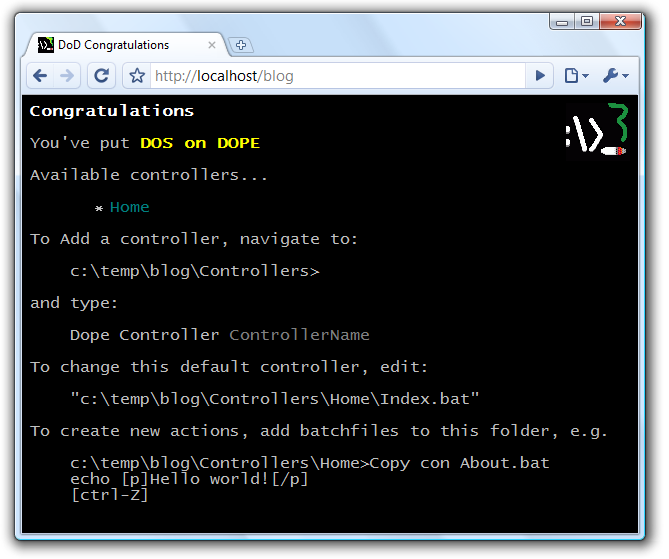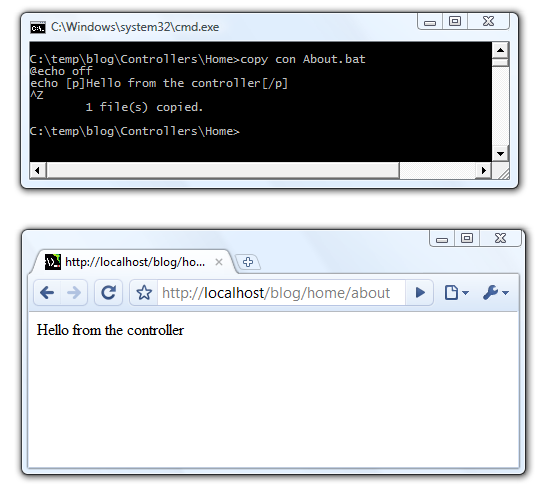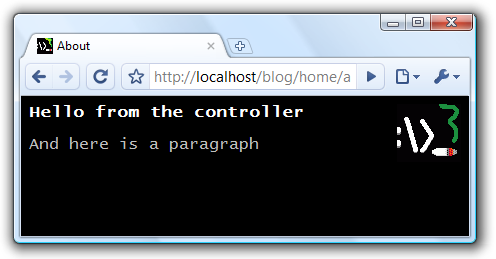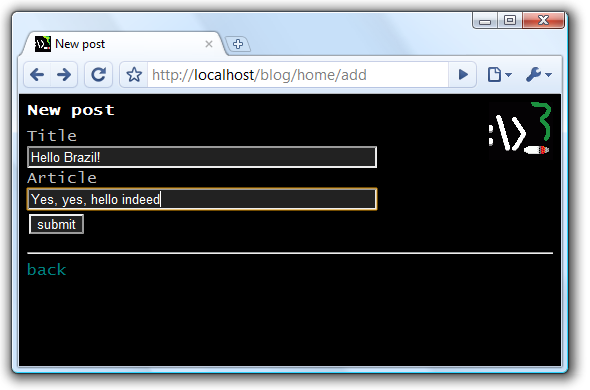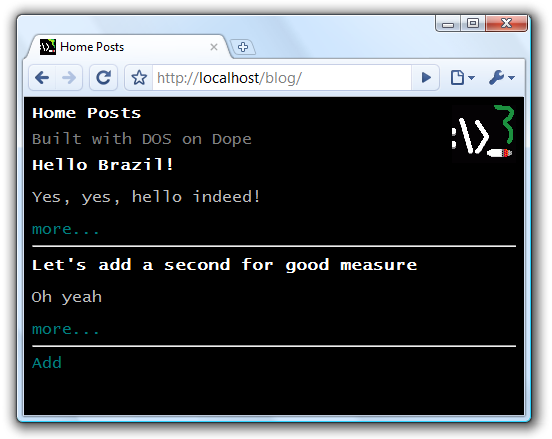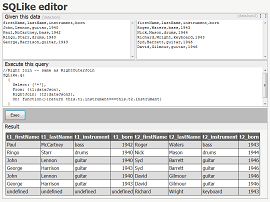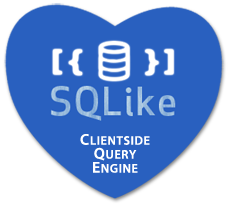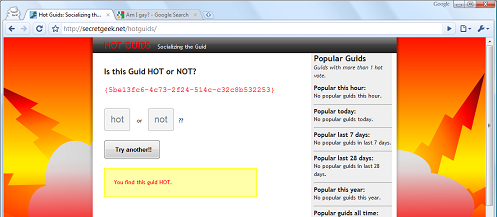Wanted: Wiki Lists (dot org)
Something I'd like to see:
A site that maintains all the world's 'lookup tables.'
Every lookup table you'll ever need, exposed in open, compatible and readily-consumable ways.
All lists can be retrieved as html or xml, as json, as csv (the one format guaranteed to outlive the cockroach), or any other commonly used** data format.
Lists at 'wiki lists' are more complete, more accessible, and much lighter-weight than the Lists at wikipedia.
The lists are crowd-sourced, contributed by anyone and curated by the detail-oriented masses. The faceless trainspotters and plane spotters, the aspies and cybrarians.
Lists that are currently shown in haphazard ways inside wikipedia could instead source their content from such wiki-lists.
Where a list can be reliably sourced from a canonical source, it is done so programmatically and the attribution provided in a standard way.
Example lists include...
- Every sovereign nation
- Their dialing code, currencies, major languages
- The three letter codes for every airport, landing strip and helipad in the world
- The name and abbreviation of every state in the united states (and every other nation)
- Zip codes and postal codes
- Monarchs of England
- Breeds of dog
- Keywords in C
- Mayors of southhampton
- Notes in F major pentatonic
- Winners of the Belgian grand prix
- Stocks that trade on the NYSE
And a thousands other reference lists. Short lists. Information that changes slowly, slow enough for humans to curate it.
And they're the kind of lists that you (or someone like you) needs to reference in their applications and research all the time.
(See also this thread at Hacker News which prompted me to write down this idea I've thought for so long.)
** Note I said 'commonly used' rather than 'standard'. CSV is commonly used, but it doesn't have a standard. Oh you might point out that there are standards for CSV, and of course there are. Where there's standards, plural, there is no 'standard'.
